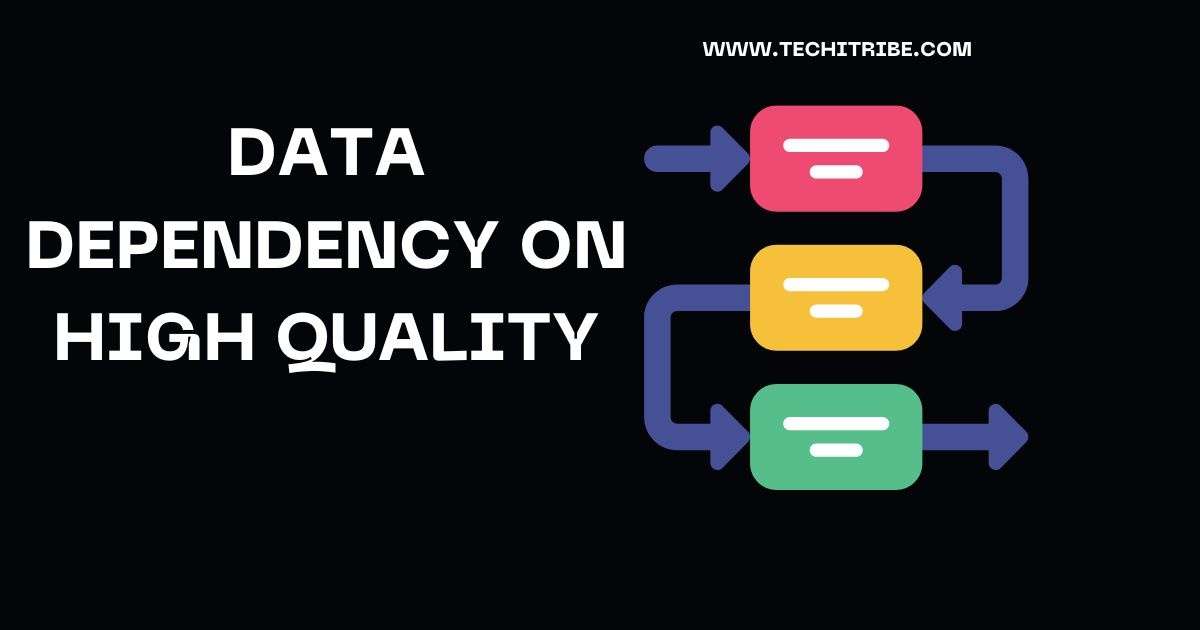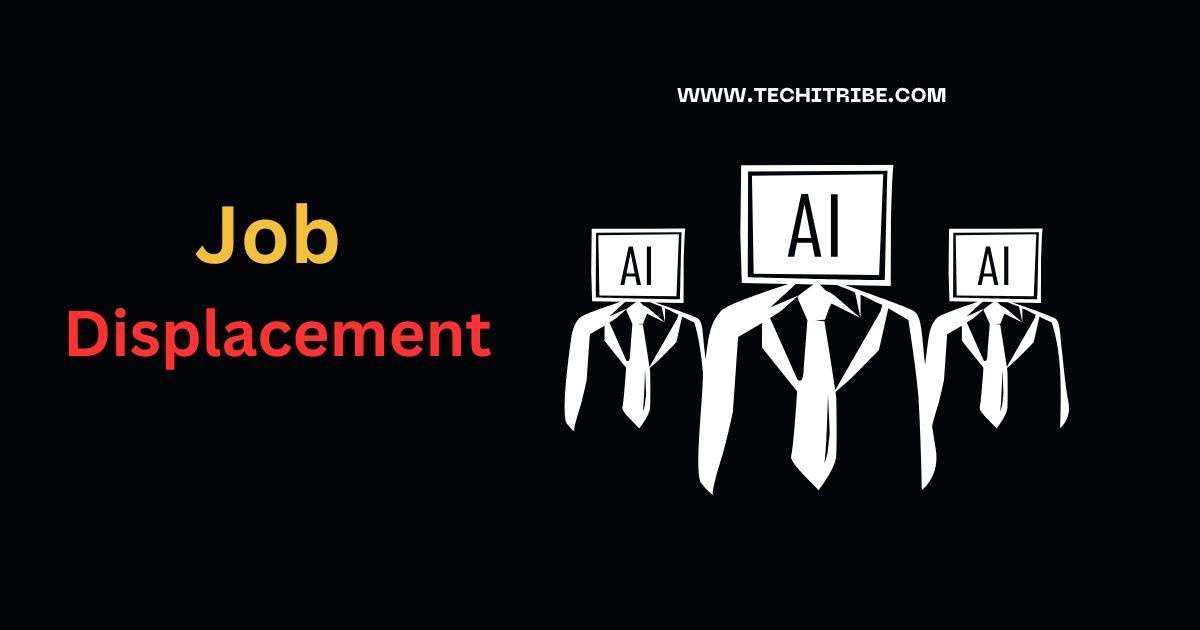AI Agent Trust Issues, Unconditional acceptance of AI agents may not lead to the desired consequences. It is important to understand the underlying trust issues associated with these agents. , In one word, AI is revolutionary. Of all the applications, there is an area more notable for their ability to work task-wise with enhanced productivity, altering industries, and automating everything from simple household chores to medical work. Have we been leaning a little too hard on them? Let’s dig a little deeper and try to figure out why unconditional acceptance of AI agents may not lead to the desired consequences.
Also visit this link: Intel Arc B570 Review Feat. ASRock Challenger OC: A Budget GPU with Compromise

What are AI Agents?
AI Agent Trust Issues, AI agents are software programs that can be programmed to act on their own. They can be virtual assistants such as Siri or Alexa, complex systems used for customer support and data analysis, or even systems that can decide on their own. The beauty of AI agents is that they promise to:
- Save time and automate repetitive tasks.
- Improve accuracy in data-driven processes.
It aims to evolve better to fulfill the needs of the users.
But promise comes with the challenge and limitation. More digging into what AI agents promise and their underlying realities will help understand their influence.
Hype around AI Agents: A Closer Look
These AI agents, according to the hype, are touted as panaceas of the modern challenge. They are going to revolutionize entire industries and solve complex problems with minimal human intervention. But is the portrayal really true?
Overpromising basically for underdelivering
AI Agent Trust Issues, the most significant problem is just this general mismatch between what people feel should happen versus what does actually happen. Though an AI agent is indeed mighty, one finds that their capabilities are far more overstated much of the time.
For instance,
The customer support bots fail to interpret delicate questions well, whereupon customers get frustrated and need human interaction
AI analytics tools read data in a shallow sense and thus produce business decisions which prove wrong.
These limitations give rise to a crucial deficiency: AI agents are not magic weapons but underdeveloped tools that require an understanding of the limits and control over the same.
Distracted Faith
Most users are under some kind of illusion to think that AI agents are bias-free and always logical. Not always, though. The data is only as good as the AI systems are trained upon. If biases exist in the data then AI agents will too reflect them in their output.
For instance, an AI-trained hiring tool using historical data may inadvertently discriminate against certain demographics and enroll other ones as it attempts to continue discrimination rather than eliminate it. Such examples warn against assuming that AI agents act in a vacuum of neutrality.
Known Limitations of AI Agents
AI Agent Trust Issues, Though the capabilities of AI agents are so brilliant, their constraints cannot be overruled. Let’s focus on some significant areas where the systems are weaker.
Lack of Contextual Understanding
An AI agent recognizes patterns so elegantly but has no idea regarding the context. It can be considered as an example:
A chatbot may propose some general idea of solutions to the user, and therefore, the user doesn’t get solved to the problem at hand, and after some time, he gets irritated by the chatbot.
AI in healthcare may alert anomalies present in a medical test but is unaware of the patient’s overall history and generates false alarms or misdiagnoses the patient.
The lack of understanding of context will severely restrain the effectiveness of AI agents in the real world.

Data dependency on high quality
AI Agent Trust Issues, The basic strength of the effectiveness of AI agents is the high quality of training data. Poor data results in:
- It produces wrong forecasts that deceive the users or organizations.
- It shows useless things that don’t solve the actual problems.
- The decision-making processes are poor and worsen the problems. For instance, when an AI agent is trained on a partially biased or incomplete dataset, its outputs would reflect those flaws and cause harm instead of bringing benefits.
An AI agent can unwittingly continue unethical practices in nature, such as:
Privacy violations: the gathering and use of person information without proper security controls, sometimes even without users’ explicit permission.
Algorithmic discrimination: preferring some over others based on biased training data and therefore perpetuating social injustices.
Manipulation: Shaping user behavior for commercial or political purposes instead of the user’s own needs. These are some ethics issues, therefore crucial for responsible development and deployment of AI agents.
Blind faith in AI agents:
A blind faith in AI agents gives rise to some unforeseen results. These are reduced critical thinking ability and vulnerability. Let’s discuss these one by one:

Job Displacement
AI Agent Trust Issues, While boosting productivity, agents may substitute for those jobs that tend to be routinized, thereby reducing more workers in some professions:
- Increasing on chatbots and virtual assistants for general customer service
- Jobs related to data entry, processing, and capture that AI can execute much faster and more accurately compared to humans
- Manufacturing and logistics involving robotics and AI systems that make processes more effective
There are big questions in the methodology on how societies will respond to automation as a labor force is increasingly formed. Security Vulnerabilities
AI Agent Trust Issues, These agents present a significant threat to users and organizations at risk of the cyberattacks that may be made on them. Hackers might:
Manipulate AI systems into producing incorrect outputs, misleading users, or even disrupting operations.
Exploit vulnerabilities so as to gain access to sensitive data, which compromises privacy and security.
For instance, an AI financial system could be outwitted in a way that clears the fraudulent transactions with a minor increase in red flags over the loss.
High Risk vs. High Promise
There is sky-high risk, yet AI agents hold huge promise. So, use them with some optimism and a lot of caution. Now, here is how to bring balance:
Know Yourself
AI Agent Trust Issues, An important area is to get educated about your AI agents—what they are capable of, where they falter. This covers:
- Know how AI systems work and their applications in your industry or personal life.
- Keep abreast of how things are going and what potential dangers and ethical concerns may arise.
- An enlightened perspective empowers users to seize the best from AI agents with their bad influence kept at bay.
Implement Monitoring
AI Agent Trust Issues, Human oversight is needed to have AI agents act ethically and effectively. For instance,
Routine audit of AI decisions to predict accuracy and fairness, especially when it comes to high-stakes applications like hiring and lending.
Human review processes for the errors and biases on the critical applications which the AI system would probably fail to see
Training on Varying Datasets
AI Agent Trust Issues, Development should start with diverging datasets to reduce the risk of bias and have diverging training data to encompass all scenarios and people in society. The measures are helpful in countering the threat algorithmic discrimination causes.
Help achieve better contextual as well as AI outputs relevance
Improve collaborative approach
AI Agent Trust Issues, Instead of outperforming humans, AI agents should complement human knowledge. It can provide an approach where:
Imagine with the precision of AI.
Tons of room for error-free reviews, blending what humans and computers do best: layers of multi-review.
AI Agent Future
AI Agent Trust Issues, Of course, the opportunities of AI are multitudinous, and probable problems are equal. Technology is accelerating with knowledge, especially our utilization, so many potential future issues would be as follows:
Rules and Standards of Regulation
All these rules shall have a transparent and well-defined mode. Regulations pertaining to all the boards must have a standard and be set forth by the government, and entities must include:
The privacy of the user will always be assured due to a strong approach to data protection.
Ethics in AI about fairness and transparency and the evolution
AI technology should not be misused; deployment towards malicious use is an example
Continuous Learning
AI agents should learn and update responsibly. This would be done by:
Checking and updates to keep the system relevant and correct.
Feedback from real-world applications to make it better, together with higher user satisfaction.
Empowering Users
The end-users are supposed to be empowered to
Know how an AI arrived at its decision to allow more transparency and build trust.
Contest an outcome if needed and allow accountability, fairness, and accountability in the outcome or decision-making process.
Educate people about technology to establish public awareness about how an AI system operates.
Surely transformative, deep pitfalls wait on the other end when approached to an AI agent with blind faith; we could then continue with the best use of this tool without allowing the threat it carries to derange it—responsible development would balance it accompanied by thoughtful yet human-centric design. After all, technology is not meant to serve man, but man, as such, to be served by it.
As we step into this future with AI as the driver, we must be critically optimistic: not let these innovations drive our lives but make them better. Only then will AI agents become invaluable tools in our lives, if only we use them right.
